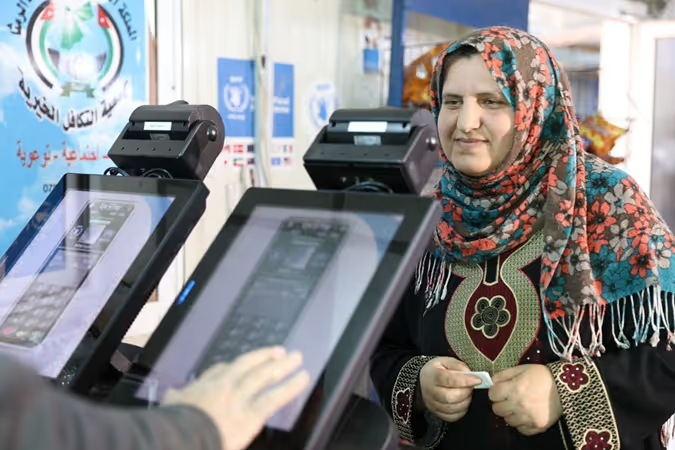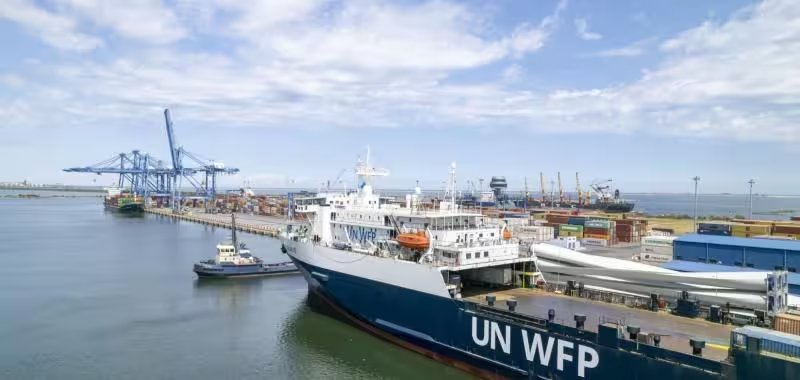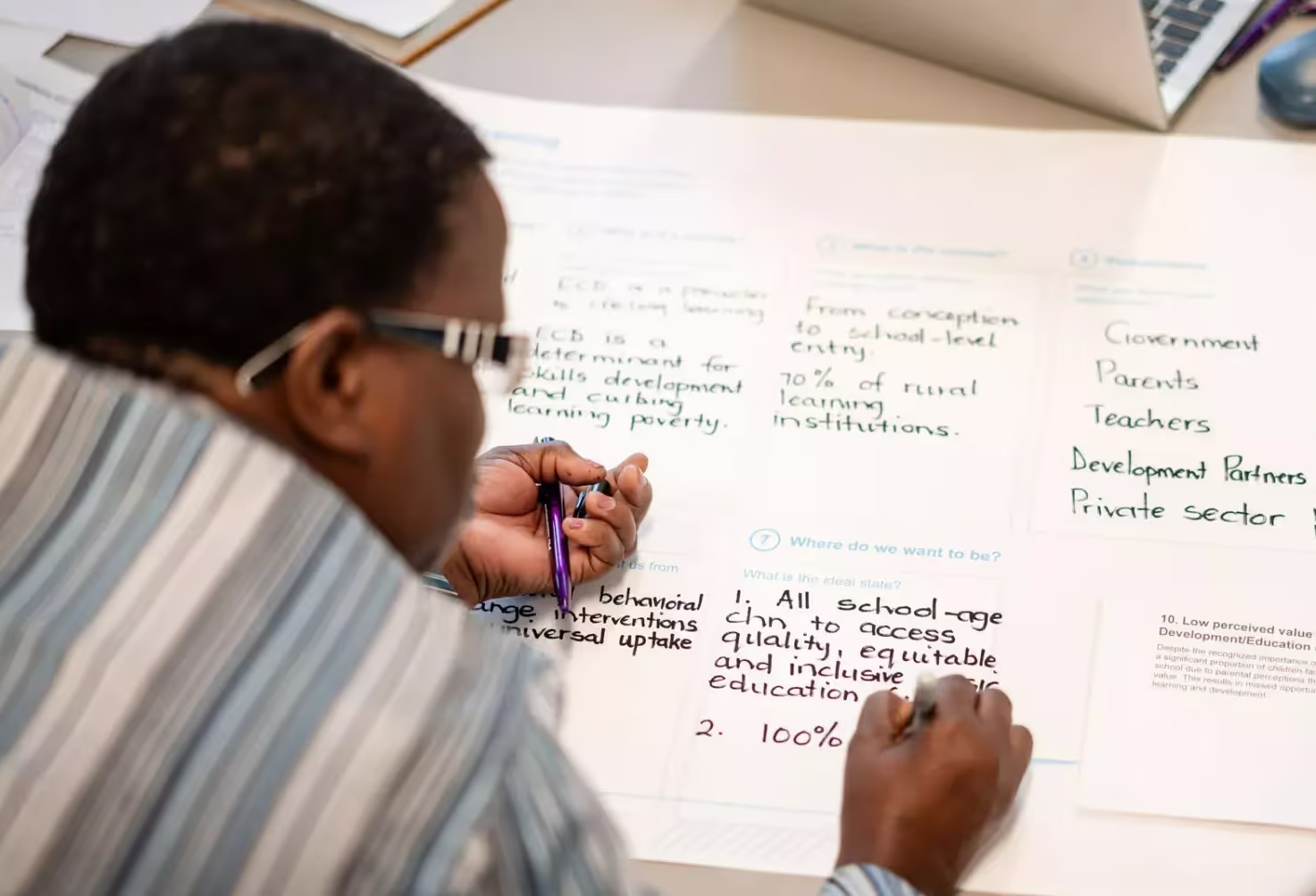Cash for Work

Traditionally, cash transfers have been made available to refugees via third-party financial service providers such as banks. Through the partnership, Syrian refugee women who participate in the UN Women cash for work programme will be able to access their funds directly and the accounts will be kept securely on a blockchain network. Previously women received a monthly entitlement in the form of cash on a set date. Through blockchain, UN Women and WFP are exploring the possibility of providing female refugees with cash back at WFP-contracted supermarkets or pay for their purchases directly. The partnership stems from WFP’s Building Blocks project, which already provides cash transfers to 106,000 Syrian refugees in Jordan through a blockchain based system.


.avif)

